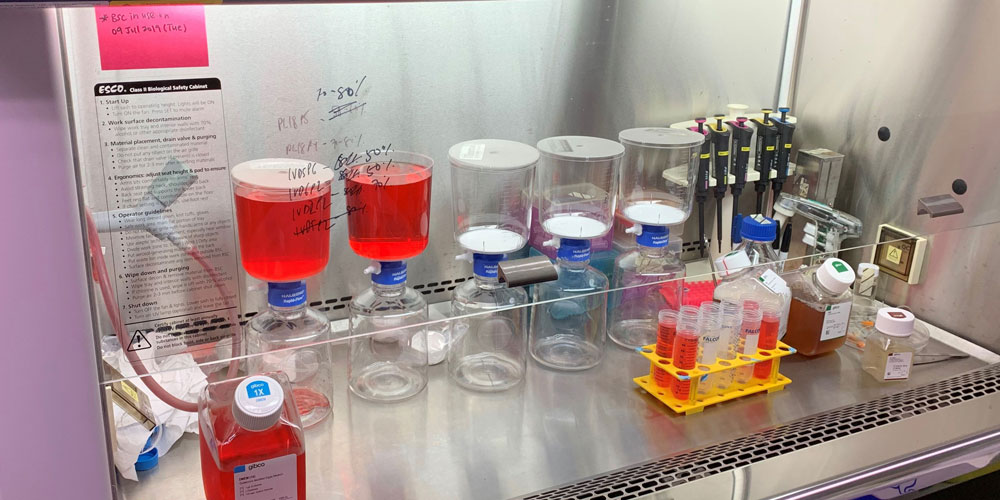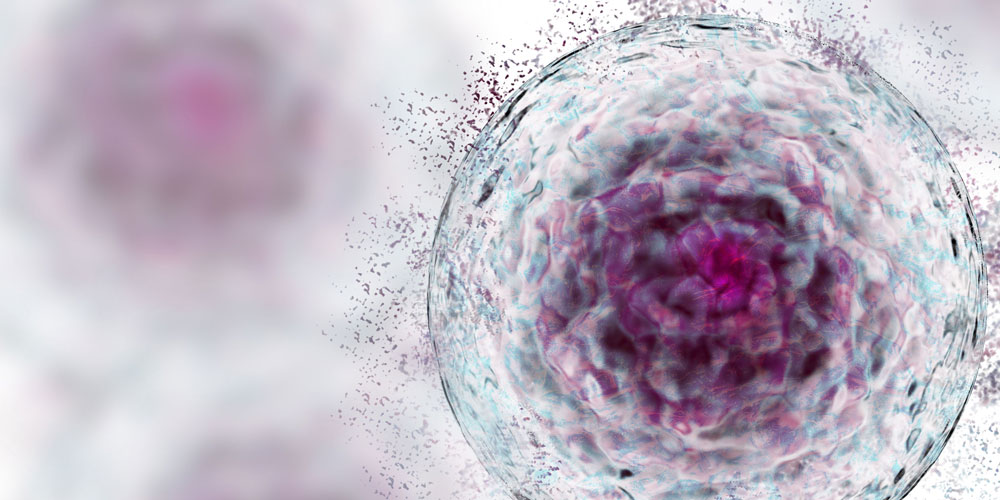INNOVATE
Partnership to speed up cell manufacturing
Published on 16 July 2019 | By Shabana Begum | Source: Straits Times © Singapore Press Holdings Limited. Permission required for reproduction.
It will tap $80m fund with aim to speed up cell manufacturing process to help patients.

Cell therapy, where living cells are harnessed to treat diseases such as cancer and autoimmune disorders, is slated to be the next generation of medicine.
But before vials of these medicinal cells can reach hospitals, challenges in cell manufacturing, such as safety, efficacy and cost, must be addressed through further research and development.
To meet these challenges, the Singapore-MIT Alliance for Research and Technology (Smart) launched a multimillion-dollar initiative yesterday. Under the initiative, 35 scientists from here and abroad will work on three flagship research projects to quicken the cell manufacturing process in Singapore.
Called the Smart Critical Analytics for Manufacturing Personalised-Medicine (Smart Camp), the initiative will tap an $80 million national fund set aside for advancing cell therapy research.
It was announced in an update on the Research, Innovation and Enterprise 2020 plan in March that the pool of money will go towards ramping up cell manufacturing capabilities for cell therapy.

Smart Camp, which is a collaboration with the Agency for Science, Technology and Research (A*STAR) and supported by the National Research Foundation, will receive $10 million a year to sustain its research programmes. Projects under the initiative will be carried out at the Campus for Research Excellence and Technological Enterprise at the National University of Singapore.
In cell therapy, living cells such as stem cells and white blood cells are injected, grafted or implanted into a patient to treat diseases. As time is of the essence for many patients, Smart Camp is creating technology that will unblock the bottlenecks in the research process and accelerate the commercialisation of cell therapy products, said Professor Krystyn Van Vliet, co-lead of the programme.
One challenge is in establishing the quality of cells. Currently, to measure quality and identify the proteins in a cell, cell samples must be broken down and destroyed.
We cannot use those cells any more for treatment, and growing a new batch of cells will take time.
Prof Van Vliet, who is also a professor at the Massachusetts Institute of Technology (MIT) added.
Some scientists in Smart Camp are using optics, high-tech microscopes and microfluidics – the science of manipulating and controlling very small amounts of fluids – to create innovations that allow cell quality to be measured without destroying the cell. It will also speed up the quality check process.
Developing such innovations may reduce the cost of cell manufacturing since more automation is employed, said Prof Van Vliet.
Smart Camp’s multidisciplinary team comprises engineers, biologists, clinicians and data analysts from institutions, including local universities, hospitals, A*STAR and MIT.
Imagine providing the right living cells to each patient as quickly and safely as possible.
Delivering on that promise requires exciting changes in the way we understand, engineer, measure and select cells that are safe and effective for the patient’s ailment.
Prof Van Vliet said.
Was the article helpful?
A*STAR celebrates International Women's Day

From groundbreaking discoveries to cutting-edge research, our researchers are empowering the next generation of female science, technology, engineering and mathematics (STEM) leaders.
Get inspired by our #WomeninSTEM
